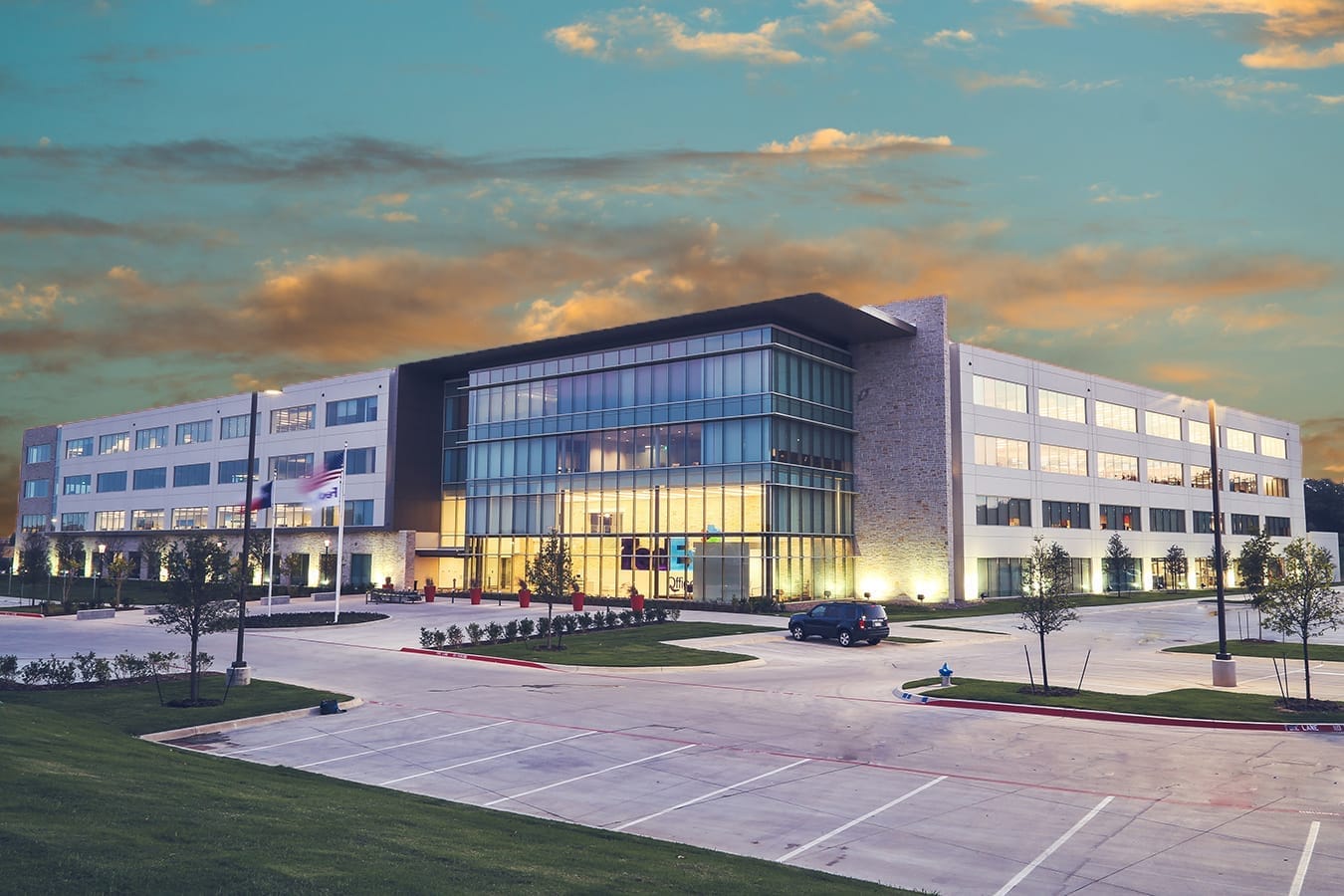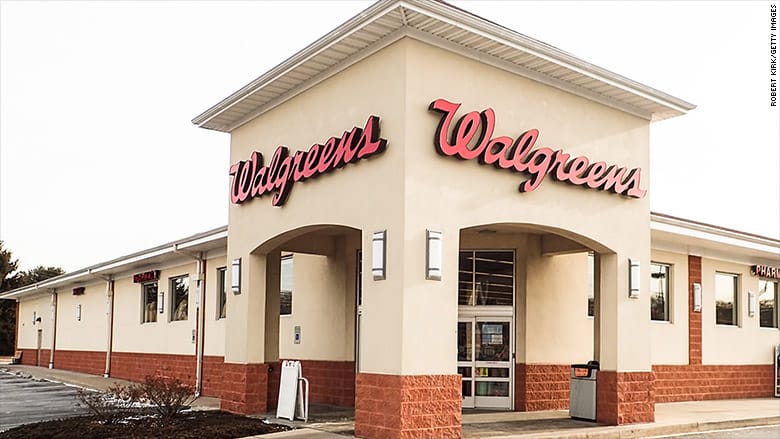Walmart has recently announced plans to expand its drone delivery services to three additional states as part of its ongoing efforts to innovate and enhance its logistics capabilities. This strategic move reflects the retailer’s commitment to meeting the evolving expectations of customers who increasingly seek immediate access to products without the need to visit a physical store. Following the successful launch of its drone delivery program in select markets, Walmart is poised to tap into the advantages of this technology, which offers the potential for faster delivery times and reduced operational costs.
The pilot program, which began earlier this year, has already yielded positive results in select locations, demonstrating the feasibility and efficiency of drone deliveries. By leveraging partnerships with established drone manufacturers and technology firms, Walmart has been able to accelerate its testing phases and ensure compliance with regulatory standards. This proactive approach has allowed the company to build a robust infrastructure that can support a wider rollout of aerial deliveries across new regions.
In the upcoming expansion, Walmart will target areas that have shown promising demand for faster delivery options, including suburban and semi-urban communities. These regions are strategically selected based on their demographics, existing sales volume, and geographic considerations that make them ideal candidates for drone service. By offering drone delivery to these locations, Walmart aims to provide customers with a greater level of convenience, allowing them to receive their groceries and essential items directly at their doorsteps, often within minutes of placing an order.
The drones used in Walmart’s delivery service are designed to carry a limited payload, making them ideal for deliveries of smaller, lightweight items. This includes groceries, household essentials, and even health and beauty products. Once the customer places an order through the Walmart app, the system automatically selects the nearest fulfillment center equipped for drone deliveries. Upon processing the order, the drone is dispatched, using advanced navigation systems to ensure a safe and direct flight path to the destination.
In addition to enhancing customer experience, the expansion of drone delivery is seen as a logistical solution that can alleviate some of the pressures faced by traditional delivery methods. With ongoing challenges such as labor shortages and increasing operational costs, drone technology presents an alternative that could help Walmart streamline its delivery processes. Furthermore, deploying drones can serve as a way to reduce traffic congestion and carbon emissions associated with conventional delivery vehicles.
Walmart’s initiative to expand drone deliveries comes at a crucial time in the retail industry, as consumer expectations continue to shift towards instant gratification. The pandemic has only accelerated this trend, leading to an increase in online shopping where quick delivery options can set retailers apart. With major competitors also investing in similar technologies, Walmart’s expansion is a response to a growing demand for innovative solutions that keep pace with customer preferences.
While Walmart is making significant strides in its drone delivery program, the retailer is also mindful of the regulatory landscape surrounding drone operations. Ensuring compliance with Federal Aviation Administration (FAA) regulations is paramount, given the complexity of airspace management and safety protocols. Walmart is working closely with government agencies to align its operations with existing regulations, ensuring that the introduction of drone deliveries is both safe and compliant.
The future of Walmart’s drone delivery initiative appears promising as the company continuously researches and develops new technologies to enhance the service. Feedback from customers who have participated in pilot programs has been generally favorable, highlighting the convenience of receiving products at home without delays. As Walmart gathers more data from these initial rollouts, it will have the opportunity to refine its approach, address any challenges, and improve the customer experience.
In conclusion, Walmart’s plans to expand drone delivery services to three more states represent a significant advancement in the company’s logistics strategy. By employing innovative technologies to meet the growing demands of consumers, Walmart aims to solidify its position in the competitive retail landscape. As the pilot programs pave the way for wider implementation, the potential benefits, from faster delivery times to lower operational costs, could redefine how customers interact with the retail giant in the coming years. As Walmart’s drone initiative takes flight, it marks yet another step towards a modernized shopping experience that prioritizes efficiency and convenience.



